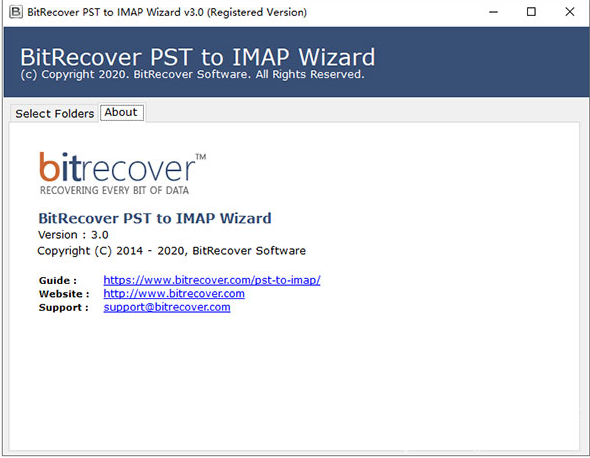Effective Strategies to Help with Student Loan Debt: Your Comprehensive Guide
#### Help with Student Loan DebtNavigating the complexities of student loan debt can be overwhelming for many borrowers. With rising tuition costs and the b……
#### Help with Student Loan Debt
Navigating the complexities of student loan debt can be overwhelming for many borrowers. With rising tuition costs and the burden of repayment looming over graduates, it's essential to explore effective strategies that can provide genuine help with student loan debt.
#### Understanding Your Student Loans
Before diving into solutions, it’s crucial to understand the types of student loans you may have. Federal loans, private loans, subsidized, and unsubsidized loans all come with different terms, interest rates, and repayment options. Gaining clarity on your loan details is the first step in managing your debt effectively.
#### Explore Repayment Plans
One of the most effective ways to help with student loan debt is to explore various repayment plans. Federal student loans offer several repayment options, including:
1. **Standard Repayment Plan**: Fixed monthly payments over ten years.

2. **Graduated Repayment Plan**: Payments start lower and increase every two years.
3. **Income-Driven Repayment Plans**: Payments are based on your income and family size, making them more manageable for those with lower earnings.
Understanding these options can help you choose a plan that aligns with your financial situation, potentially reducing monthly payments and overall stress.
#### Consider Loan Forgiveness Programs
For those working in public service or certain non-profit sectors, loan forgiveness programs can provide significant relief. The Public Service Loan Forgiveness (PSLF) program, for example, forgives the remaining balance on Direct Loans after 120 qualifying monthly payments under a qualifying repayment plan. Researching and applying for these programs can be a game-changer for many borrowers.

#### Refinancing Your Loans
If you have private student loans or a mix of federal and private loans, refinancing might be a viable option. This process involves taking out a new loan to pay off existing student loans, ideally at a lower interest rate. However, it’s essential to weigh the pros and cons, as refinancing federal loans means losing access to certain benefits, such as income-driven repayment plans and loan forgiveness options.
#### Budgeting and Financial Planning
Creating a realistic budget is fundamental in managing student loan debt. Start by tracking your income and expenses to identify areas where you can cut back. Allocating a portion of your budget to student loan payments can help you stay on track. Additionally, consider building an emergency fund to cover unexpected expenses, ensuring that you won’t fall behind on payments.
#### Seek Professional Help

If you’re feeling overwhelmed, seeking the help of a financial advisor or student loan counselor can provide personalized strategies tailored to your situation. These professionals can help you understand your options, negotiate with lenders, and create a manageable repayment plan.
#### Stay Informed
Finally, staying informed about changes in student loan policies, interest rates, and repayment options is vital. The landscape of student loans is continually evolving, and being aware of new programs or changes can help you make informed decisions about your debt.
In conclusion, while student loan debt can feel insurmountable, there are numerous strategies available to help with student loan debt. By understanding your loans, exploring repayment options, considering forgiveness programs, and seeking professional guidance, you can take proactive steps toward financial freedom. Remember, you are not alone in this journey, and with the right tools and resources, you can successfully manage and overcome your student loan debt.